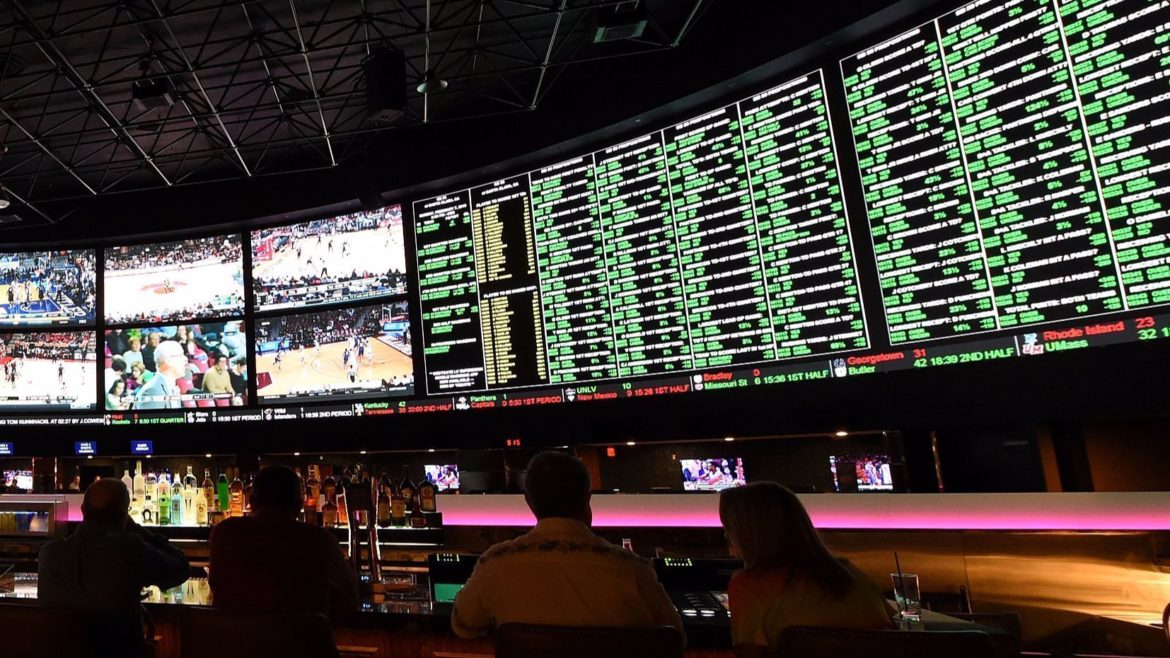Costa Rica News – Sportsbooks in Costa Rica offer decent wages to many living in the Central American country. They might be looking for new jobs after this weekend and its effects in the USA.
The U.S. Supreme Court acted Monday to bust Nevada’s monopoly on legal sports betting, allowing more states to get in on the action and reap the tax benefits.
The court struck down a federal law that required states to ban gambling on the outcome of sporting events. The Professional and Amateur Sports Protection Act was highly unusual: it did not ban sports gambling nationwide as a matter of federal law, but it said the states were not allowed to permit it.
Nevada was grandfathered in when the law was passed in 1992.
New Jersey and then-Gov. Chris Christie challenged the law, arguing that it violated the Tenth Amendment, which the Supreme Court has said prohibits federal laws that compel states to carry out federal dictates. The gambling law, Christie said, commandeered the states by forcing them to prohibit sports wagering.
Writing for the majority, Justice Samuel Alito said the problem with the federal law is that “state legislatures are put under the direct control of Congress.”
“A more direct affront to state sovereignty is not easy to imagine,” he wrote.
New Jersey wants to allow limited forms of sports gambling and to collect the taxes from it. While supporters of the law said it discouraged betting and the resulting corrupting influence of organized crime on athletics, Christie said Americans already spend nearly $150 billion a year on illegal sports wagering.
“I know that we don’t know much about organized crime coming from New Jersey. But we know a little bit. And the fact is that organized crime is involved in profiting from this every day,” he said.
The American Gaming Association estimated that Americans would wager $10 billion on this year’s NCAA men’s basketball tournament alone, with just three percent of the bets placed legally through Nevada. “Our current sports betting laws are so out of touch with reality that we’re turning tens of millions of Americans into criminals for the simple act of enjoying college basketball,” said Geoff Freeman, the gaming association’s CEO.
The NCAA and the major professional sports leagues contended that the law was not unconstitutional, because it didn’t compel states to do anything, it simply prevented them from making sports betting legal by either operating sports-gambling schemes themselves or authorizing casinos to do so.
New Jersey officials said they would allow only certain types of sports betting, at casinos and racetracks, with a minimum age of 21 to participate. When the case was argued in January, Christie said the state was prepared to act within two weeks of a Supreme Court ruling in its favor.
The current governor, Phil Murphy, said in late April that the state is ready to act “sooner than later.” Nearly half the states are prepared to launch similar efforts if New Jersey won in the Supreme Court.
By Pete Williams, NBCNews.com, edited by Dan Stevens

